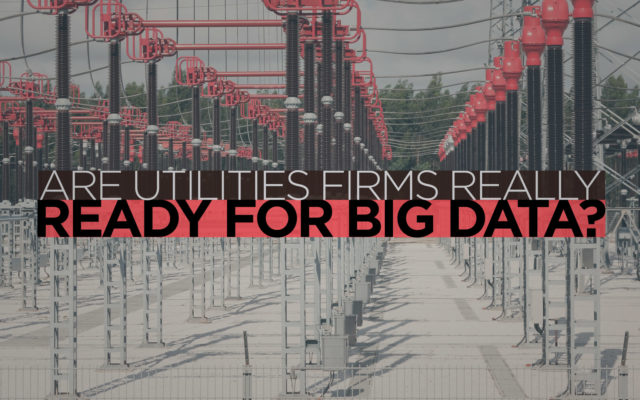The advent of smart meters and the internet of things will see data volumes skyrocket in the utilities industry. But, asks Ben Thompson, are utilities firms ready to deal with those volumes?
The advent of smart meters and the internet of things will see data volumes skyrocket in the utilities industry. But are utilities firms ready to deal with those volumes?
Without doubt, utilities are starting to look at the potential for more (and better) data analytics. For instance, I spoke with the CIO for a British headquartered water utility recently, who outlined how better use of information is helping them resolve issues faster – and drastically cutting costs as a result. He told me that whereas it used to take an average of 1.6 site visits for engineers to fix an issue, getting that figure down to nearer one visit per incident – largely through better use of analytics tools that help with things like predictive maintenance, incident modelling, etc. – has already saved the company millions of pounds.
The business case for greater use of analytics is compelling. But despite the obvious benefits, and a general acknowledgement as to the potential of analytics, organisational readiness for implementing big data initiatives across the sector remains patchy.
“We have different levels of comfort with big data across the business,” said one executive, head of data science for a major British energy provider. “We’re still on a journey to getting buy-in from the whole organisation.” Another from a French headquartered energy firm spoke of the challenges presented by siloes of information. “Getting that information out of the various systems and turning it into insight is quite a laborious process,” he told me.
In common with other industries, overcoming those information siloes will be key to success for utilities firms. The sector will not suffer from a shortage of data over the next few years – which will make getting data architecture and analytics right even more important.
Article by channel:
Everything you need to know about Digital Transformation
The best articles, news and events direct to your inbox






